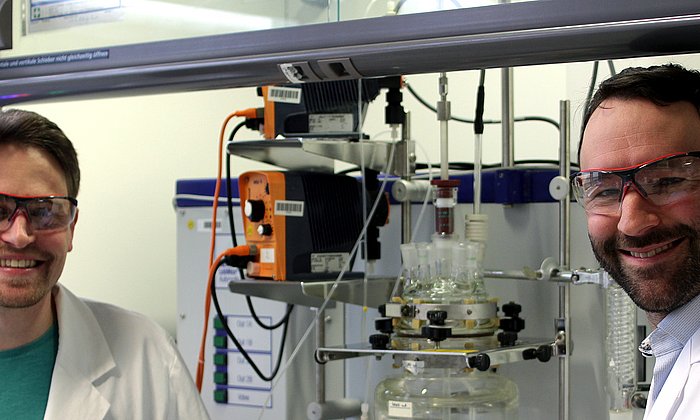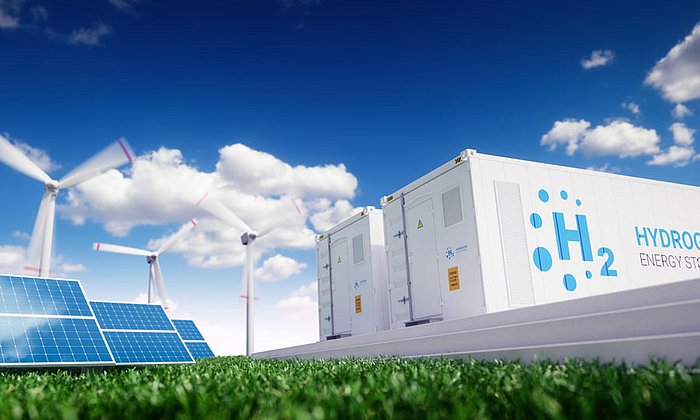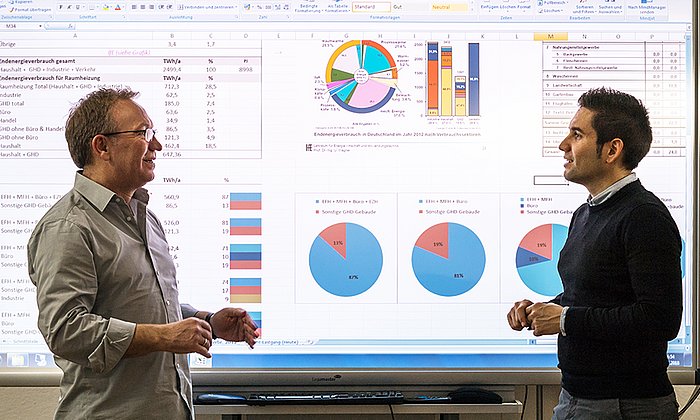Interview with Prof. Ikonnikova and Prof. Schreurs on the energy crisis
“Japan can be a role model”
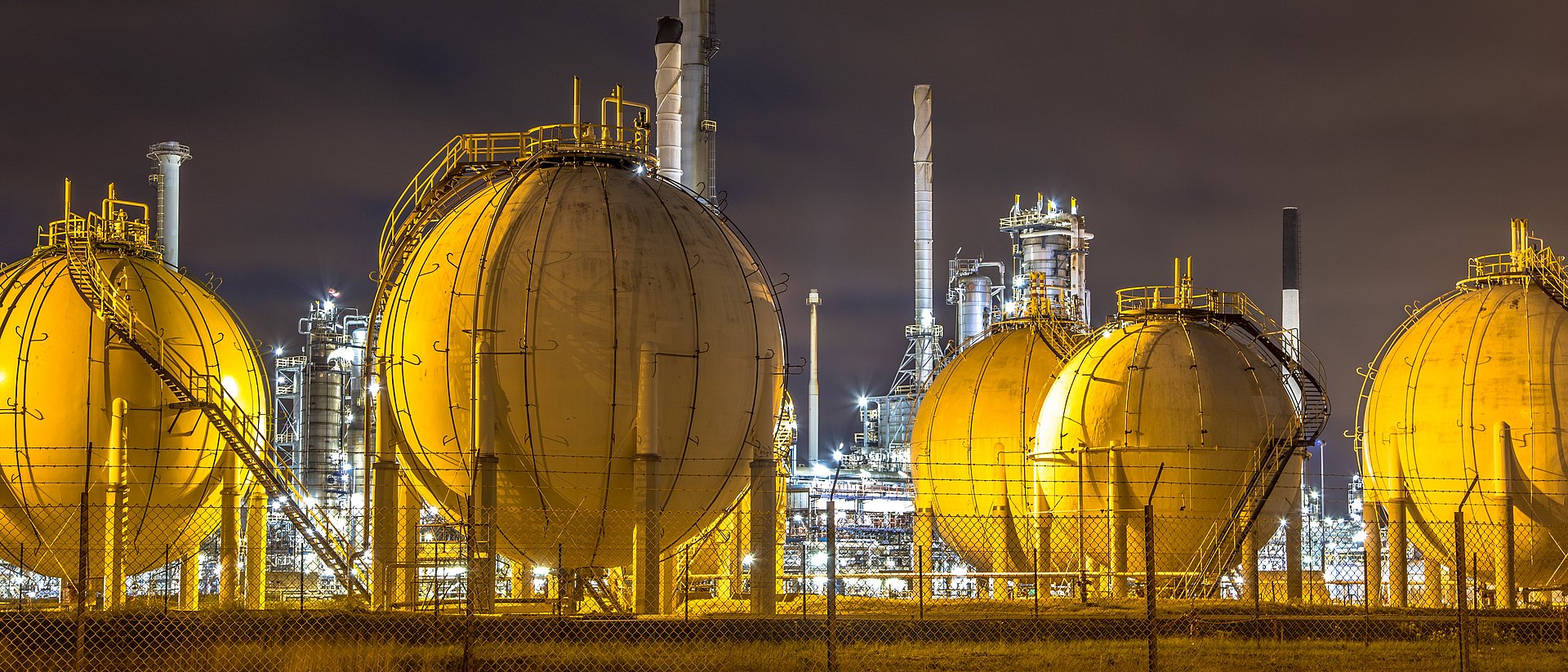
The political pressure to ban gas, oil and coal imports from Russia is increasing. It appears highly doubtful whether Germany could withstand the impact of such a ban if imposed in the short term. Are there examples of countries coping successfully with the sudden loss of major components of the energy supply?
Miranda Schreurs: After the Fukushima reactor accident in 2011, Japan initially shut down all of its nuclear power stations as a safety precaution. That represented approximately 30 percent of the country’s power supply. Japan can be a role model because of its remarkable success in saving energy in that situation. Along with an appeal to private households, there were regulations and creative solutions for companies and the public infrastructure: companies shifted their production activities to times of day with lower power consumption, employees were offered incentives for ideas on improved efficiency and train speeds were slightly reduced.
Everyone assumed that the 15 to 20 percent reduction in electricity consumption would be a short-lived effect until a return to normality. But Japan continued to consume around 10 percent less energy in the subsequent years. Some of the measures would be difficult to implement in Germany, but we have some options of our own such as a speed limit on the autobahn. Of course it is equally important to push ahead rapidly to develop renewables.
To replace at least a portion of the Russian natural gas, Germany wants to import liquefied natural gas (LNG). Other countries have been using LNG for some time, however. Can Germany even procure large quantities?
Svetlana Ikonnikova: Production capacities are available worldwide in sufficient quantities, in the USA, Australia, several African countries, in Qatar. The major bottlenecks relate to the logistics and the question of whether there are enough facilities for liquefaction and regasification. In other words, how long will we need to feed this gas into our networks after buying it? For the EU, calculations under a model developed at TUM's Center for Energy Markets show that Russian gas could be replaced within seven to 10 years, depending on global market dynamics – noting that countries such as France and Spain are already much less dependent than Germany.
The German government has announced plans to spend billions on LNG. Is Germany investing in an energy source that was only intended as a bridging solution for a relatively short period?
Ikonnikova: This question will be decided by the use of blue hydrogen, which is derived from natural gas. Our model predicts that blue hydrogen will play an important role in industrial production and as an energy store by 2050. First, because for a long time it will remain cheaper than green hydrogen, which is produced through the process of water electrolysis using renewable energy sources. Second, we still lack most of the necessary infrastructure and logistics for green hydrogen. In Germany, too, there will be no way to avoid imports if hydrogen is to be used on a large scale. But the necessary conditions are there, partly because hydrogen can be stored in the form of ammonia, for example, which we have experience in transporting.
Until now, the use of hydrogen has been considered less profitable.
Ikonnikova: The economic viability of hydrogen production depends on where and how the hydrogen will be used and also, if we’re talking about green hydrogen, on the cost of renewable energy. For example, a company planning to produce steel with wind power will calculate the value of hydrogen as an energy store as well as its economic advantages as a low-carbon resource for generating electricity or heat. So far most of these benefits were not seen as large enough to justify a switch. But based on what we are currently experiencing, companies will probably be more willing to invest in more expensive but clean solutions with low geopolitical risks.
Schreurs: Not letting the price alone decide is a lesson that energy policy makers need to learn. We could also purchase hydrogen exclusively from democratic countries if we are willing to accept higher costs. But a lot will be gained if we are no longer dependent to the same extent on one state and have the maneuvering space to drop a supplier if we need to. That will be possible if we do not import more than 15 percent of our energy from a single country.
Consumers will face higher costs, too, which could reduce acceptance for the energy transition. How can policy makers operate between the constraints and pressures?
Schreurs: For many people, the energy transition was about climate change. Now we see that it is also a question of freedom and democracy. Do we really want to hand over our money to autocrats who are prepared to bomb a nuclear power plant? Policy makers will now have to name this price and communicate the greater context more clearly. They must also take steps to prevent poverty due to higher energy costs. This will be more difficult with heating costs than with electricity charges. One possibility would be to implement targeted refurbishment programs in low-income neighborhoods.
Could these steps achieve the short-term objective vis-à-vis Russia? In other words, would an import ban have any impact on Russia, or would other trading partners step in?
Ikonnikova: Around two years ago Russia approved the construction of another gas pipeline to China, the Power of Siberia 2. It will link the Yamal gas field to China. This field now supplies gas to Europe. With many contracts between European states and Russia due to expire in 2030, Russia was planning to establish a broader base for its markets to gain a stronger bargaining position.
If the European market is now lost, Russia can deliver more gas to Asian countries after the pipeline’s scheduled completion in 2025. Looking at current economic trends, there would be enough demand in Asia to purchase the entire Russian gas supply. But the big question is how much gas China and other countries will actually buy. Because, unlike many European countries, China has taken great care to diversify its energy portfolio. It purchases supplies in the USA, Australia and Africa to avoid dependency on a single exporter.
How can the EU respond strategically to these developments?
Schreurs: Despite our common climate objectives in the European Union, cooperation in energy policy has been quite limited. Member states should make it an urgent priority to coordinate efforts to develop EU-wide infrastructure. This includes power networks and LNG terminals – but can start with very practical steps: If I can’t charge my electric car in a neighboring country, the mobility transition will not be a success.
About the interviewees:
Prof. Svetlana Ikonnikova, PhD, has been a professor of resource economics at the TUM School of Management since 2019. Key research areas are models for the energy transition and the use of hydrogen technologies, gas and oil resources and renewable energy. Prof. Ikonnikova studied at the Moscow Institute of Physics and Technology and completed a doctorate in economics at the Humboldt University of Berlin. Along with her professorship at TUM, she holds the position of the Senior Energy Economist at University of Texas.
Prof. Dr. Miranda Schreurs is a professor of environment and climate policy at the TUM School of Social Sciences and Technology and at the Hochschule für Politik München (HfP). Her research interests include the energy transition in Europe, the USA and Asia. She studied at the University of Washington and earned her Ph.D. from the University of Michigan. She worked at Keio University in Japan, Harvard University and Freie Universität Berlin. Prof. Schreurs has served as an advisor on several committees of the German federal government. She is currently the co-chair of the National Citizens’ Oversight Committee assisting the search for a high-level radioactive waste disposal site.
Technical University of Munich
Corporate Communications Center
- Klaus Becker
- klaus.becker@tum.de
- presse@tum.de
- Teamwebsite
Contacts to this article:
Prof. Svetlana Ikonnikova, PhD
Technical University of Munich
Professorship of Resource Economics
Tel.: +49 89 289 28820
svetlana.ikonnikova@tum.de
Prof. Dr. Miranda Schreurs
Technical University of Munich
Chair of Environment and Climate Policy
Tel.: +49 89 907793 220
miranda.schreurs@hfp.tum.de
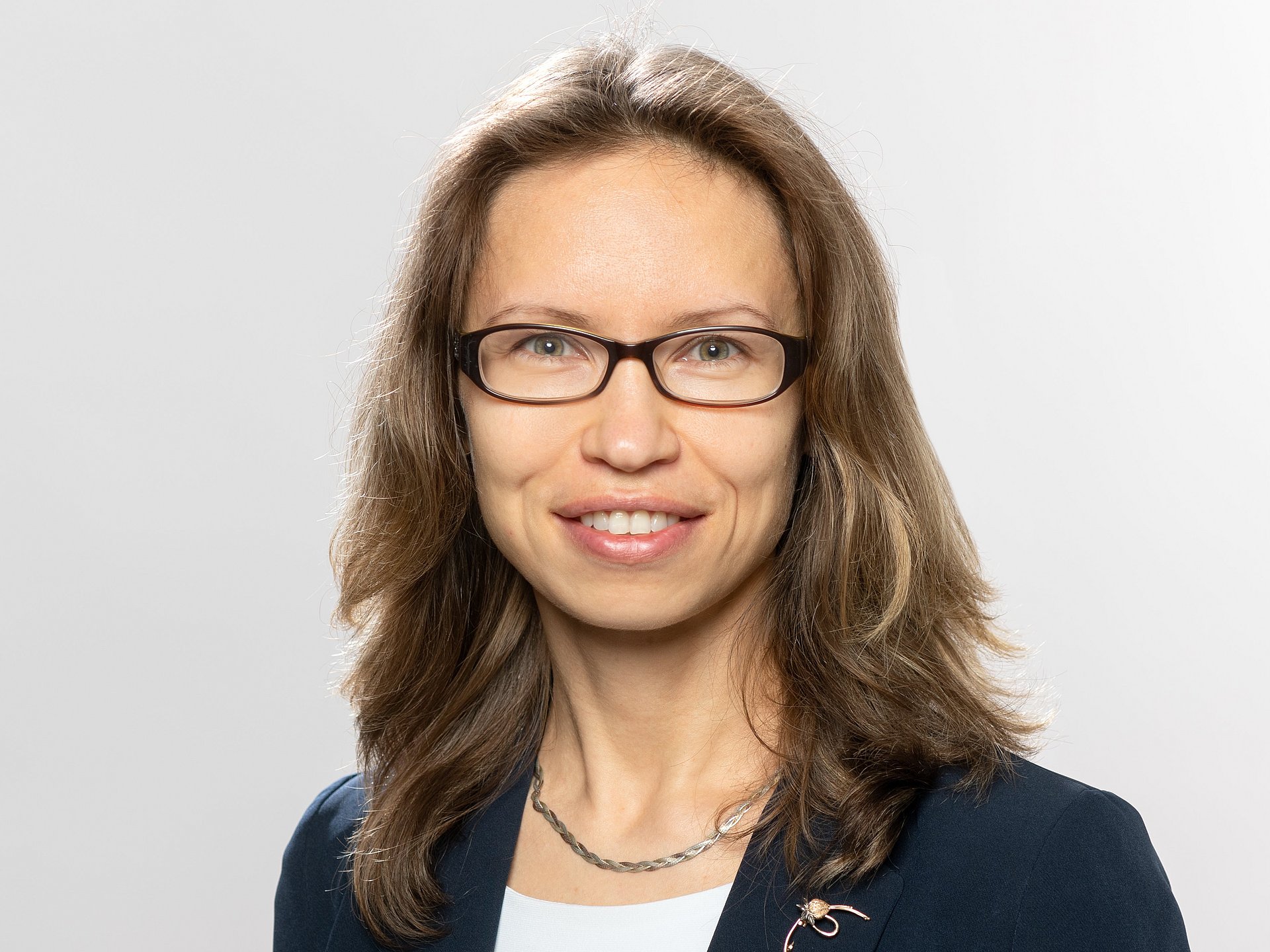
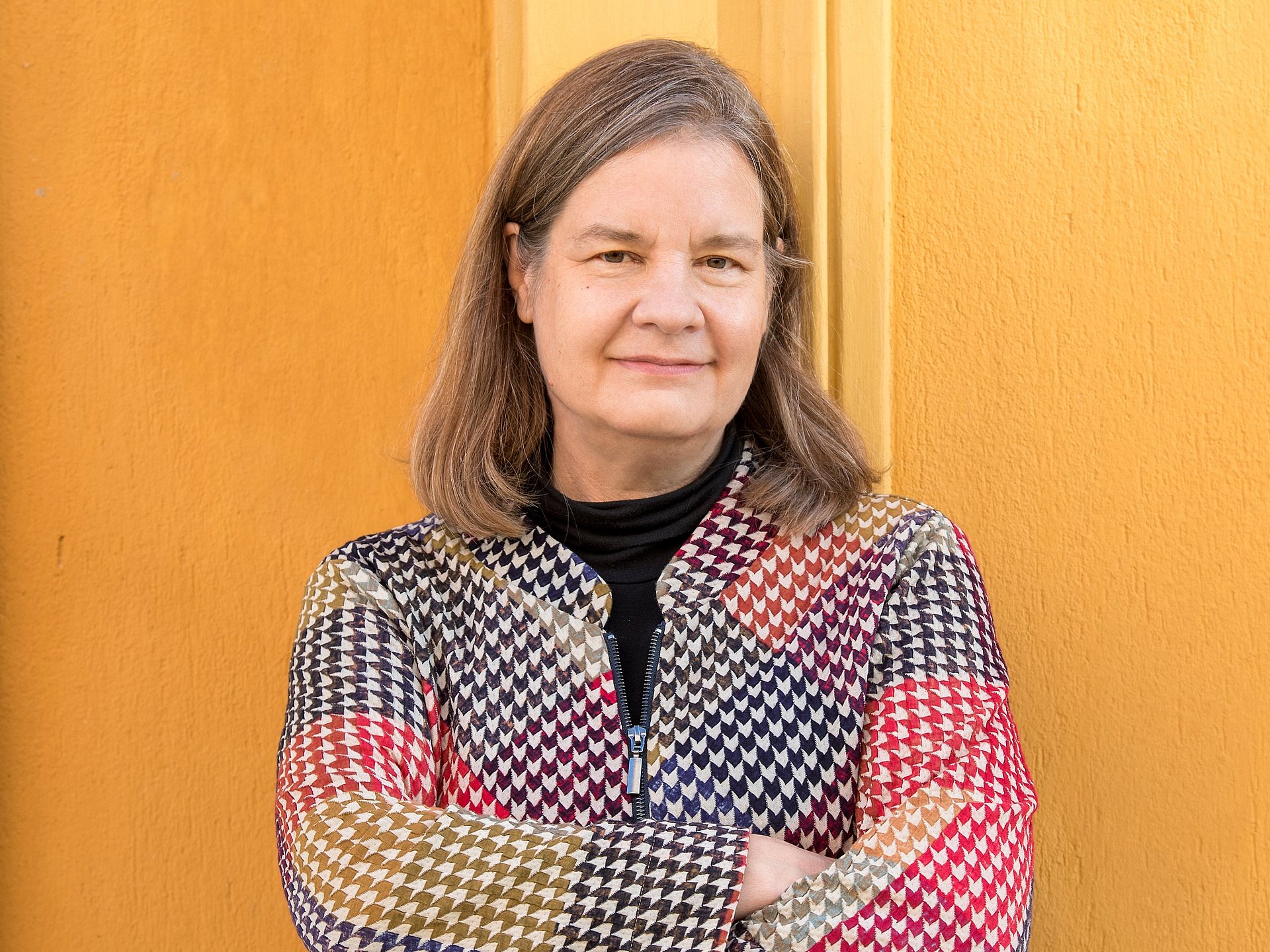
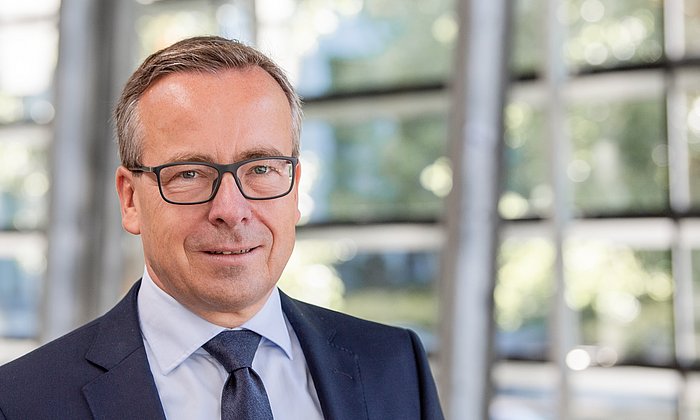

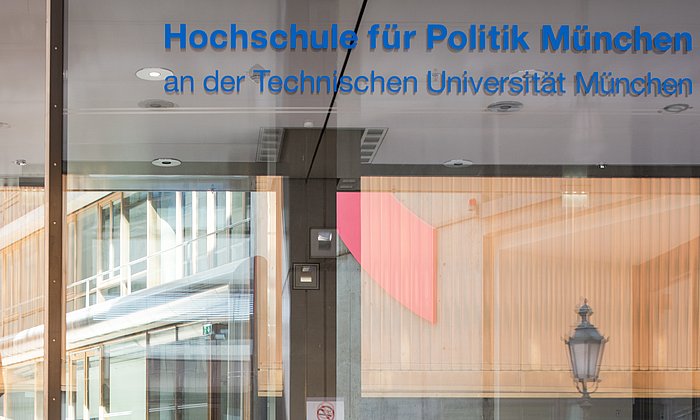
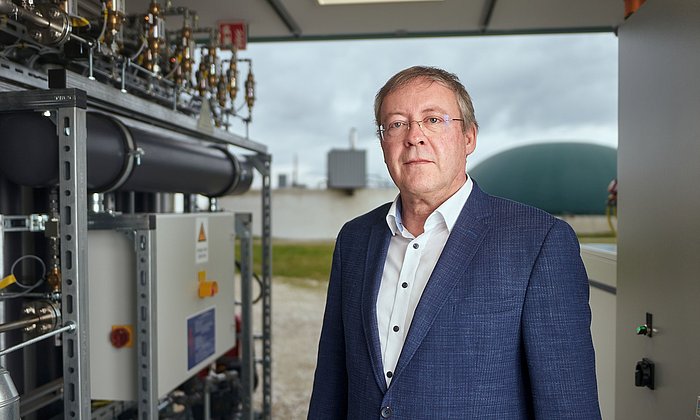
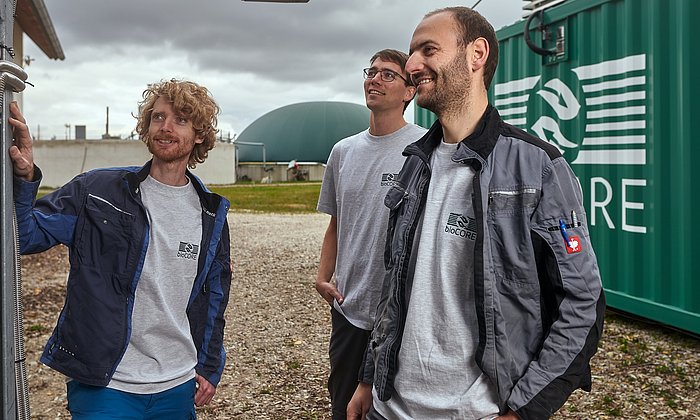
![[Translate to en:] Dawit T. Filmon, Elektrobiotechnologie TUM Straubing Dawit T. Filmon, Mitarbeiter von Prof. Nicolas Plumere, Professur für Elektrobiotechnologie am TUM Campus Straubing für Biotechnologie und Nachhaltigkeit, hält einen Ausgangsstoff für die Seitenketten des schützenden Polymers in seinen Händen.](/fileadmin/_processed_/0/9/csm_210507_Filmon_JW_05_2100_cfb4f91824.jpg)
